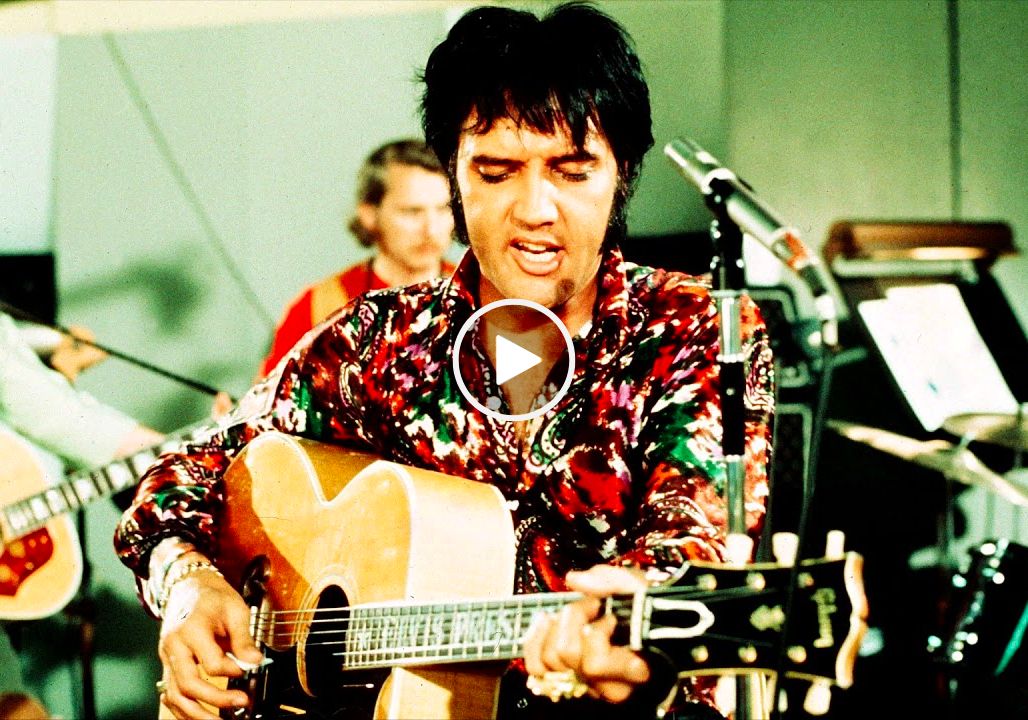Introduction
“Baby, Let’s Play House,” Elvis Presley’s 1955 single, may sound like a simple love song, but its history is surprisingly rich, weaving through doo-wop, rockabilly, and the rise of a musical legend.
The song’s origin lies with Arthur Gunter, a songwriter and singer deeply embedded in the doo-wop scene. In 1954, Gunter recorded the original version, infusing it with the smooth harmonies and sentimental lyrics characteristic of the genre. Yet, it was Elvis, still on Sun Records, who truly catapulted the song to fame.
Recorded in February 1955, Elvis’ rendition deviated from the doo-wop template. His signature swagger and raw vocals infused the track with a rockabilly edge, electrifying the simple melody with youthful energy. The iconic echo effect on his voice, a Sun Studio hallmark, added an element of mystery and desire.
“Baby, Let’s Play House” became a landmark for Elvis. It was his first song to chart nationally, reaching number five on the Billboard Country Singles chart. More importantly, it showcased his unique ability to blend genres, laying the foundation for his meteoric rise.
This seemingly innocent song held deeper meaning for Elvis. The “playing house” metaphor spoke to his own dreams of domesticity and family, a stark contrast to his nomadic life as a rising star.
Today, “Baby, Let’s Play House” remains a beloved classic, a testament to both Elvis’ early brilliance and the enduring power of simple, heartfelt lyrics. It’s a reminder that even the biggest stars start somewhere, yearning for love and connection amidst the whirlwind of fame.
